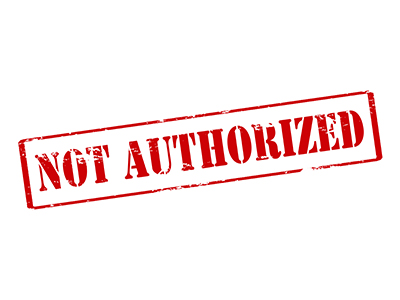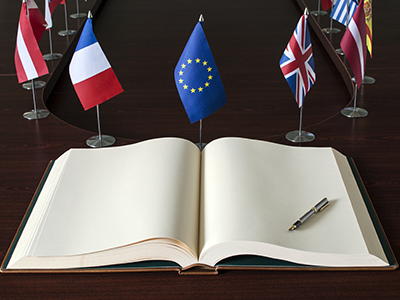As many loyal TSW readers know, we’ve been watching the ongoing saga involving ex-Korn Ferry recruiter David Nosal wind its way through the courts since the early days of this blog. And last month, the highly anticipated Ninth Circuit opinion in United States v. Nosal was issued on July 5, 2016 (“Nosal II”). This was the second time the Ninth Circuit had issued a ruling in the case relating to charges under the Computer Fraud and Abuse Act (the “CFAA”). In April 2012, an en banc panel dismissed five of the eight CFAA counts against Nosal (“Nosal I”). A jury subsequently convicted Nosal of the remaining three CFAA counts, as well as two Economic Espionage Act (“EEA”) counts in April 2013 and Nosal was sentenced to 366 days in prison, three years supervised release, community service, $60,000 in fines, and restitution. READ MORE
Sparks Fly in Ninth Circuit’s Nosal II Opinion



